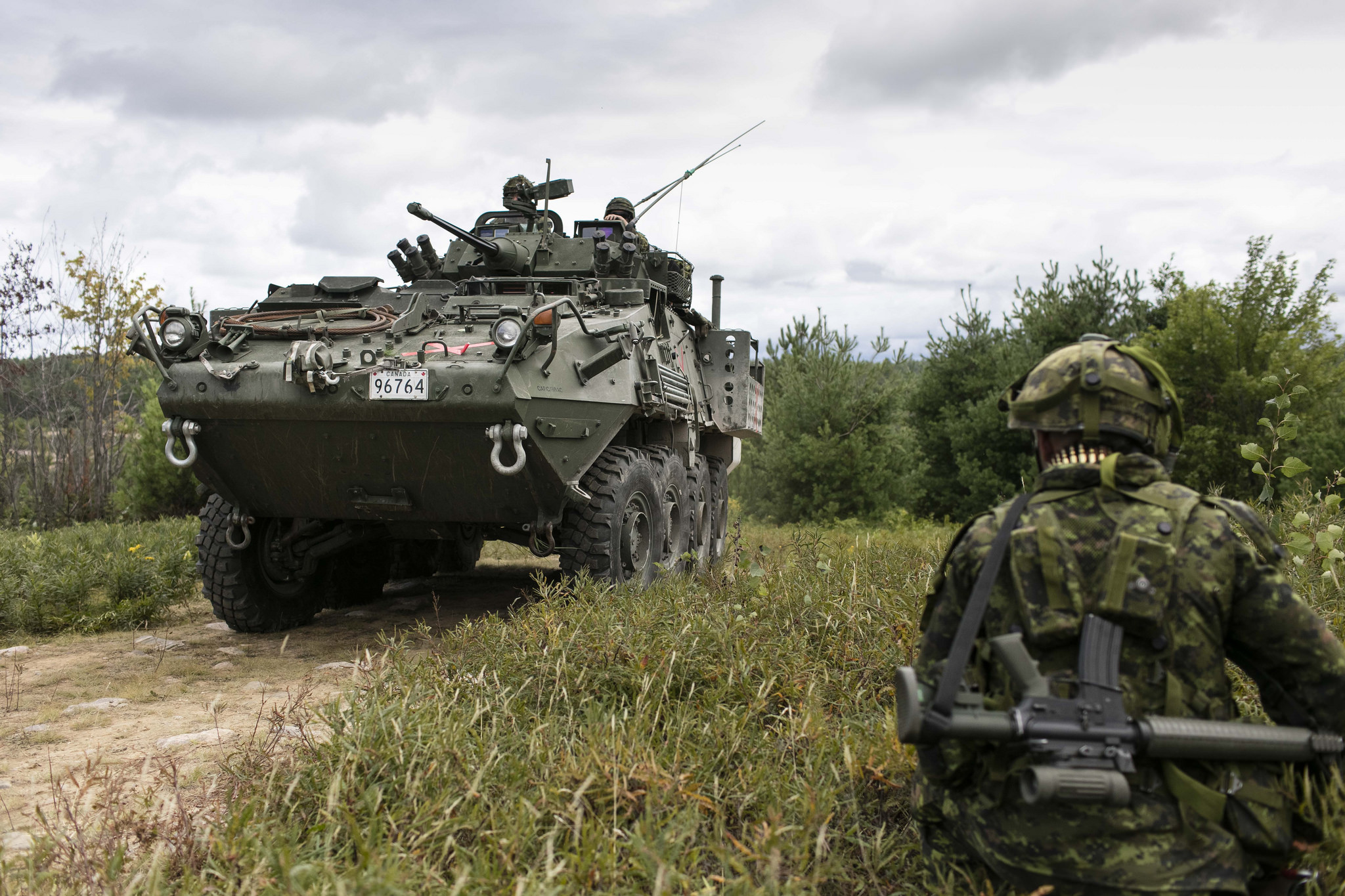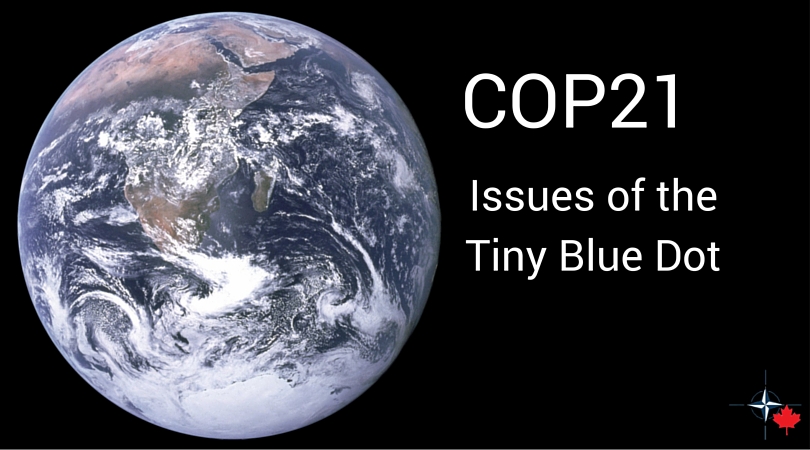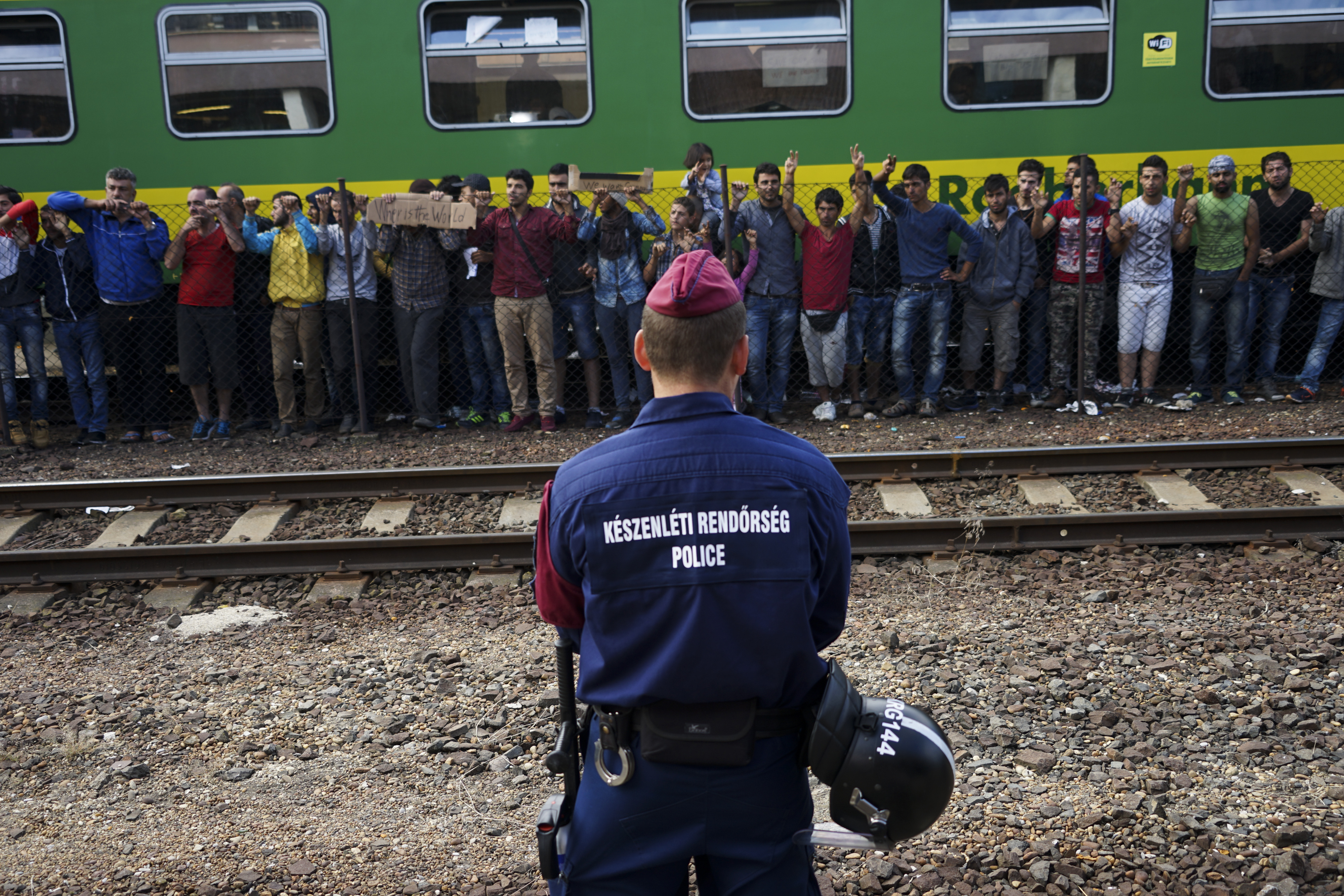In 2014, General Dynamics Land Systems in conjunction with the Canadian government agreed to sell Light Armoured Vehicles (LAVs) to Saudi Arabia. In recent months, Trudeau’s government has come under fire from activists, journalists, and politicians condemning the sale of military equipment to a regime with few social liberties and an endless record of human rights violations.
What should Canada do? Our program editors and research analysts voice their concerns.
Aleksi Korpela: The moral zugzwang of arms exports
Research Analyst
Arms sales always pose the moral question: will these weapons or systems be used unethically or illegally against non-combatants? Depending on the type of weapon system and the circumstances in which they will be employed, the answer varies from an “obviously yes” to a “probably no”. On the flipside to ethical considerations is the economic incentive to sell weapons. After all, military sales are a major and mostly legitimate component of international trade. But when the two are juxtaposed in real life, which takes priority?
In this circumstance, Saudi Arabia poses a dilemma. The LAV IIIs are destined for the Saudi Arabian National Guard (SANG) to replace its aging Commando V-150s. SANG, tasked with protecting the House of Saud and maintaining internal security, exists as a parallel military force to the Royal Saudi Land Forces, tasked with defending the Kingdom from external threats. The internally-focused SANG may thus use to Canadian LAVs to quell internal dissent, including peaceful protests. With such arms sales, there is the tragedy of choice between humanitarian considerations and economic gains.
To scale back the situation into perspective, it is useful to consider whether selling armoured vehicles will make a difference either way. If Canada backs out from the existing deal, Saudi Arabia will find another exporter with no change to the end result on the ground. While Canada may be enabling societal repression, it is not feeding into the system in an essential way, as others will sell what Canada does not. The central difference is that Canada is not permitting the fulfilment of an essential capability that would enable the widespread killing of civilians.
This is not meant to trivialize the situation, but rather to place it into its appropriate context. Yes, LAVs can and likely will be used to crack down on the population, but also for maintaining legitimate internal and external security, including the war on ISIL. Moreover, Saudi Arabia has more military hardware than it can even field at the moment, and has the third-largest military budget in the world.
So will stopping the sale of LAVs – at considerable cost to Canadian defence industry – really halt repression? Highly unlikely. Keep in mind that LAVs are usually used as troop transport vehicles and are not necessarily draconian instruments. As such, it appears that the Canadian demurral is not really about selling armoured vehicles, but about protesting Saudi Arabian imperviousness to international condemnation on its abysmal human rights and social liberties record. Halting sales might sting the Saudis a little, but it won’t change anything.
Andi Asimetaj: Existing law and human rights means no more arms sales to Saudi Arabia
Program Editor, Canada’s NATO
In regards to human rights violations, Canada should immediately discontinue the arms sales to Saudi Arabia. As of January 2016, Saudi Arabia has committed 50+ executions, as well as, imprisoning human rights defenders. These statistics cannot be overlooked, and as such, Canada must stick to the core values that define the character of our nation.
It is illegal to continue arms sales to Saudi Arabia due to the Geneva Conventions Act and Exports Control policy. The Conventions act as an international humanitarian law. It’s essentially used to protect combatants and civilians in war zones. The Exports Control Policy on military equipment emphasized the point that Canada “will not allow the export of military equipment to countries whose governments have persistent record of serious violations of human rights of their citizens; unless it can be demonstrated that there is no reasonable risk that the goods might be used against the civilian population.” Given the human rights violations that come into play from the Saudi government, Canada’s laws and regulations should restrict the exports of weapons.
The continuous violations of human rights that happen on a daily basis in Saudi Arabia should be alarming. It is especially alarming when considering that Canada would be a contributor to the cause of Saudis using these weapons on its own citizens. In the past Canada has sold Saudis military equipment to combat the Islamic State, however, given the statistics of mass executions on its own citizens, Saudi Arabia has a history of violating human rights. General Dynamics, the company making the vehicles, has not yet shipped, and therefore it is not too late for the Liberal government to retract the deal.
Nathasha Dobrijevic: Canada’s reputation matters
Program Editor, Expanding Community
Current Prime Minister Justin Trudeau is adamant that the 2014 military contract with Saudi Arabia be upheld. He doesn’t seem to be bothered that the contract was signed under Steven Harper’s Conservative administration, which is somewhat confusing for many Canadians.
Trudeau seems to be placing our reputation as a country that ‘keeps its word’ above potential human rights abuses. The fact is that our reputation as a country that will stick by its word once it has been given is incredibly important. As Canada is neither a military nor economic juggernaut, our reputation is paramount. The question then becomes – what reputation do we want to have?
We cannot ignore that the Canadian public is not privy to any justifications beyond this as to why the deal remains in place, nor the documented evidence that the Saudi government uses armoured vehicles against civilians. It seems our reputation as a country that ‘keeps its word’ is losing its importance, as it quickly erodes our reputation as a country that cares about, and defends, human rights.
Aishwarya Sahai: The Principle Matters
Research Analyst
The statement by Stephane Dion is absurd. He stated that “should I become aware of credible information of violations related to this equipment, I will suspend or revoke permits.” Personally, I wonder if Dion has been living under a rock for the past few years. We all very well know that Saudi Arabia is a country that has a horrible human rights record. Stephane Dion has agreed to sell Light Armoured Vehicles worth up to $15 billion to a country that is famous for executing its own citizens, offering very few rights to women, and is accused of war crimes in Yemen.
The Canadian government argues that cancelling the military deal would jeopardize an education exchange that has placed 17,000 Saudi students in Canada, which is argued to promote the “legal liberalization of Saudi society.” Personally, I don’t see 17,000 students as a great loss, and certainly not as a form of liberalization. Perhaps a more transparent exchange of weapons is the eventual objective. However, it’s the principle of the matter that is important and must be taken into consideration.
Canada is a country that has always aimed to uphold human rights as its the highest priority and is known for being a global peacekeeper. Yet today, Canada is selling arms to a country that stands on the opposite grounds. If there is any weight to international laws, to the customs of peace and liberal values that Canada holds, it should discontinue this deal.
Marko Gombac: No, put our money where our mouth is
Program Editor, International Business and Economics
Canada talks a pretty big game when it comes to peace and security, but this image is one that is based a lot on past actions and not current commitments. Canada is currently one of the lowest contributing countries for peacekeepers, ranking at 68th. If Canada is going to tout itself as a globally-focused country, we can’t simply rely on the goodwill built in the Pearson days and continue to provide military equipment of any kind to countries who have been confirmed as gross violators of human rights.
Canada should still honor its trade commitment, as it is now a function of Canada’s trustworthiness in the international system. A country that willfully changes its policies and cancels established deals is not likely to be trusted to be part of many trade deals or treaties.
The US$15 billion that Canada stands to profit is a large boon to the economy and the 3,000 or so jobs that will be created, mostly in London, Ontario, where General Dynamics builds the vehicles. Should Canada decide to pursue more deals of this sort under the auspices of economically prudent diplomacy, then it is only just that Canada no longer make claims to being a defender of human rights. It’s better to be honest and blunt, then to tell obvious lies.
Photo courtesy of 32nd Canadian Brigade Group Public Affairs (Flickr).
Disclaimer: Any views or opinions expressed in articles are solely those of the authors and do not necessarily represent the views of the NATO Association of Canada.




